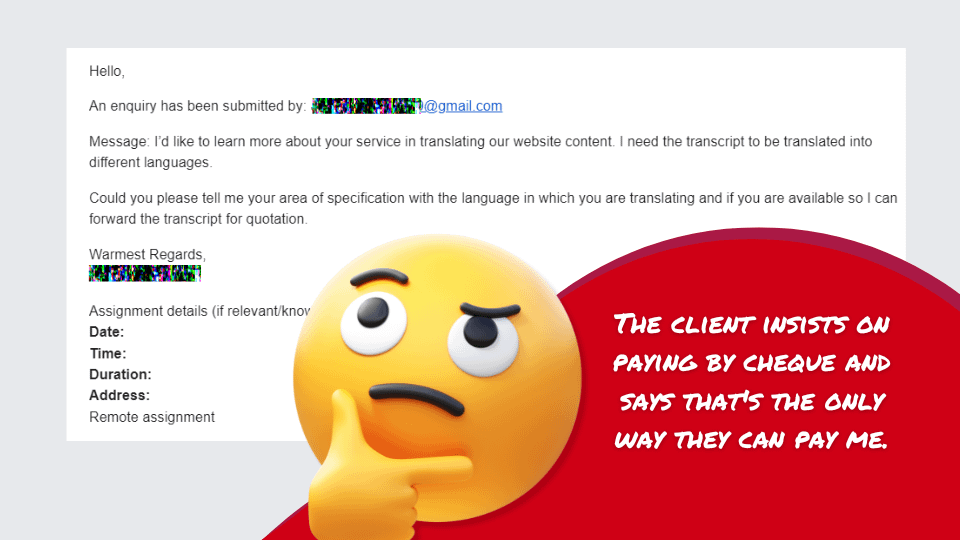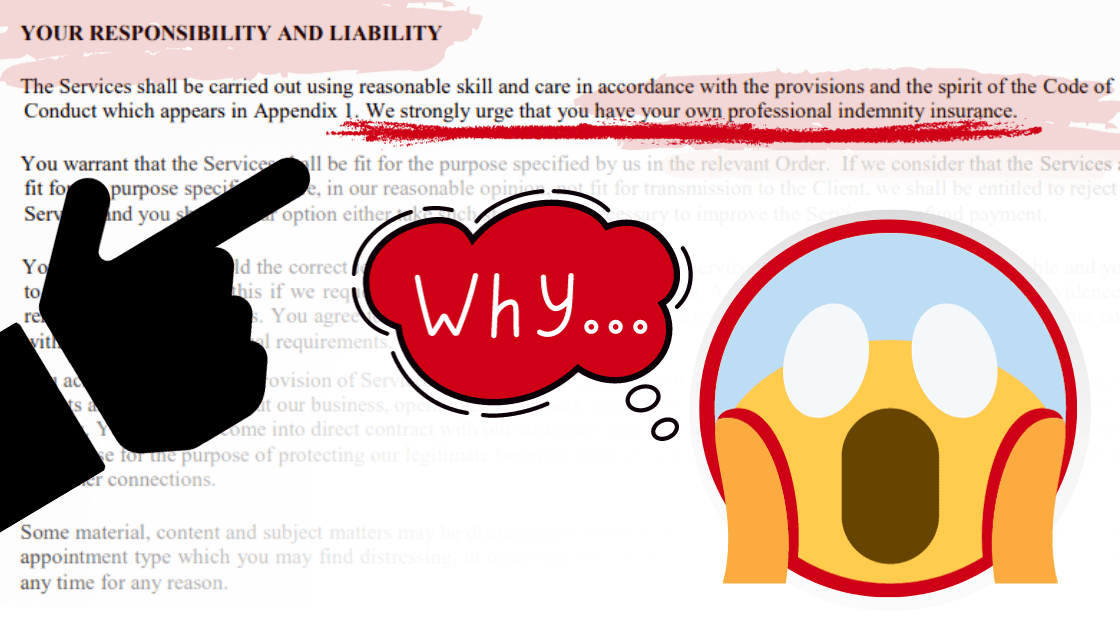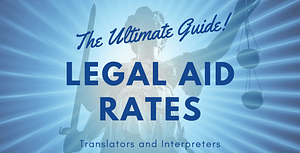Freelance and subcontracted linguists. Same thing, right?
Well, yes and no. They’re both self-employed, independent people. Broadly, they do the same thing. But when it comes to how they do it and who for, the differences become more significant than the similarities.
Two sides of the same coin
To fully understand the difference between freelance and subcontracted translators and linguists, it’s helpful to look at definitions for both:
Freelancer: a person who works directly for/with their client on a project. They work under the client’s supervision, possibly using their equipment.
Subcontractor: a person who carries out work for a client via a contractor (eg, an agency or language service provider). Generally, they work on a specialised part of a larger project and have no direct contact with the client.
These definitions aren’t ‘industry standard’ and there are crossovers between the two. Agencies, for example, will often refer to their workers as freelancers but as subcontractors/suppliers/vendors in their paperwork.
The key thing to note is that freelancers work one-on-one with their clients, while subcontractors work through a contractor. Their contract is with the contractor, while a freelancer’s contract is with their client.
A lot hangs on the understanding you have between you and your client. Definitely something worth clarifying, we think.
What are the risks of working as a freelance or subcontracted linguist?
Working with language is tricky and it takes a highly-skilled linguist to know what terminology is or isn’t appropriate.
A misinterpreted speech in court that defames someone and prejudices their case, for example. Or a mistranslated description in a product brochure which then needs reprinting.
There are other scenarios too: delays on a project, damaging or corrupting your client’s files and equipment, or subcontracting work to another linguist in breach of your contractor’s Ts & Cs.
All are reason enough for someone to claim against you, alleging you’ve done something to cause them financial and/or reputational damage. In most cases, they’ll seek compensation from you, which could run up into thousands of pounds. Whatever it takes to fix your mistakes, really.

What happens then?
“Am I covered?” is the first question that should spring to mind if a solicitor’s letter lands in your lap (after a fair bit of panicking, probably).
Assuming you’re a freelancer and you have professional indemnity insurance for the usual things (negligence, confidentiality breach, dishonesty, libel etc) then yes, you’re covered. You pick up the phone to your insurer or broker and your policy steps in pay for part or all of your claim. Simple enough.
If you’re a subcontractor though and you don’t have professional indemnity insurance, things can get seriously hairy. Agency workers sometimes assume they’re covered by their contractor’s professional indemnity policy, but this isn’t always the case.
The clue’s in the contract
Subcontractors might spot a ‘limitation of liability clause’ in their contractor’s Ts & Cs that reads something like this:
“In the case of a breach or infringement… the Subcontractor will indemnify the Contractor against any liability and shall pay all costs and expenses which may be incurred by the Contractor in reference to any such claim.”
In other words, if you breach your contract and cause your client a loss, you’ll need deep pockets to pay for damages, court costs and/or compensation.
Clearly, the sensible thing to do is to take out professional indemnity insurance. If there’s a claim, your insurer pays – not you. You can get on with running your business, knowing you’re protected.
Best practice foot forward
Of course, ideally, you want to prevent a claim from happening in the first place. The following is common sense stuff, but it goes a long way:
- Get as much detail on the scope of a project before you start working on it. Make a note of file size, word count and deadlines. Allow time for extra things like typesetting and file formatting.
- Notify your client of any subcontractors you plan to work with and vet them carefully. Are they qualified? Do they have relevant experience? Are they insured?
- Comb through your client/contractor’s Ts & Cs, noting things like deadlines and insurance requirements. Ask for clarity on data protection, confidentiality and intellectual property (pass that info on to any subcontractors you work with).
- Draw up your own Ts & Cs for your subcontractor. Make sure they align with those of your client/contractor and ask for proof of professional indemnity insurance to match your level of cover.
- Regularly update your computer programmes, software and anti-virus. Keep your client’s confidential files and data backed up on an external hard drive or on the cloud.
For any professional insurance-related questions, and for 10% off your professional indemnity insurance, visit our insurance partner PolicyBee.
Read more
-
Online Scams Targeting Freelance Translators and Interpreters
The Silent Heist: Online Scams Targeting Freelance Translators and Interpreters As more people embrace the freelance lifestyle and offer their skills and services to clients around the world, the digital…
-
Interpreter Insurance – Professional Indemnity Insurance for interpreters and Freelance Translators
Interpreter Insurance – Professional Indemnity Insurance for interpreters and Freelance Translators Are you a freelance translator or interpreter working in diverse fields like law, health and social care without effective…
-
The risks of working as a freelance or subcontracted linguist
Freelance and subcontracted linguists. Same thing, right? Well, yes and no. They’re both self-employed, independent people. Broadly, they do the same thing. But when it comes to how they…
















Leave a Comment